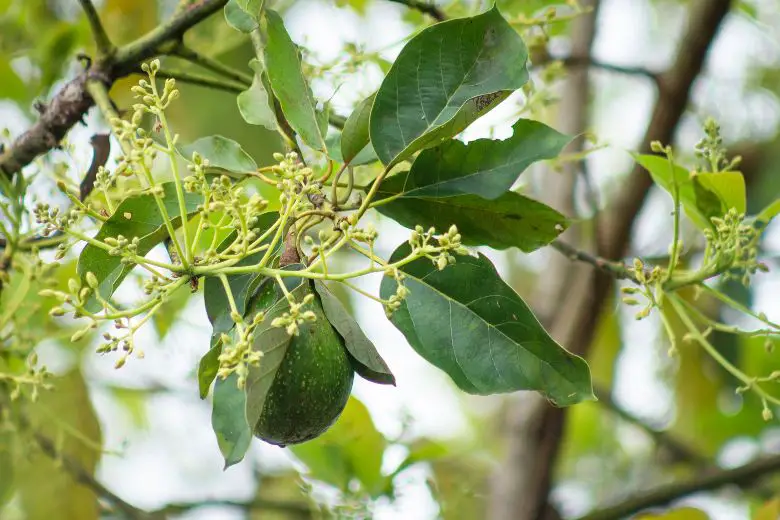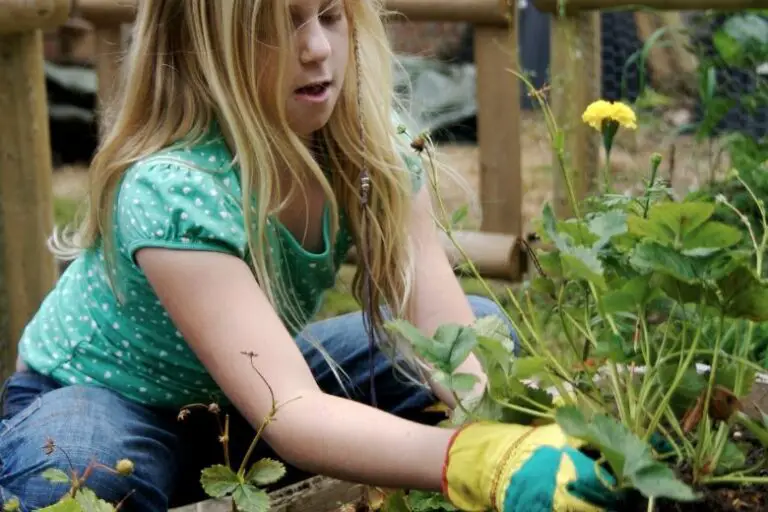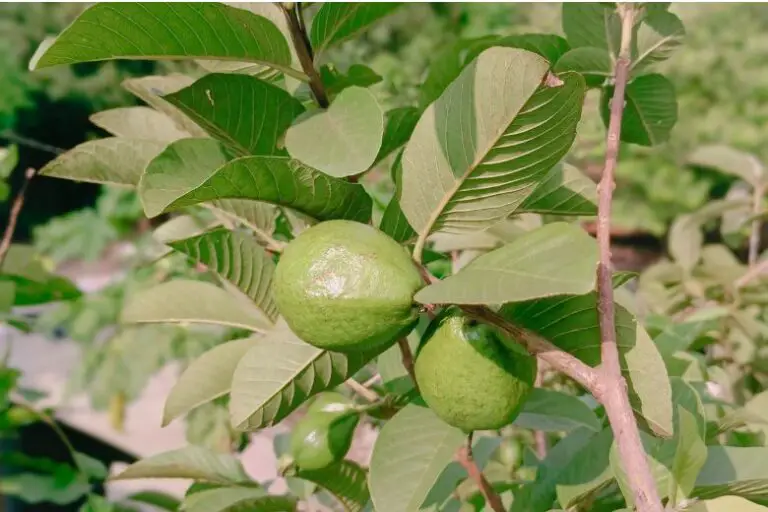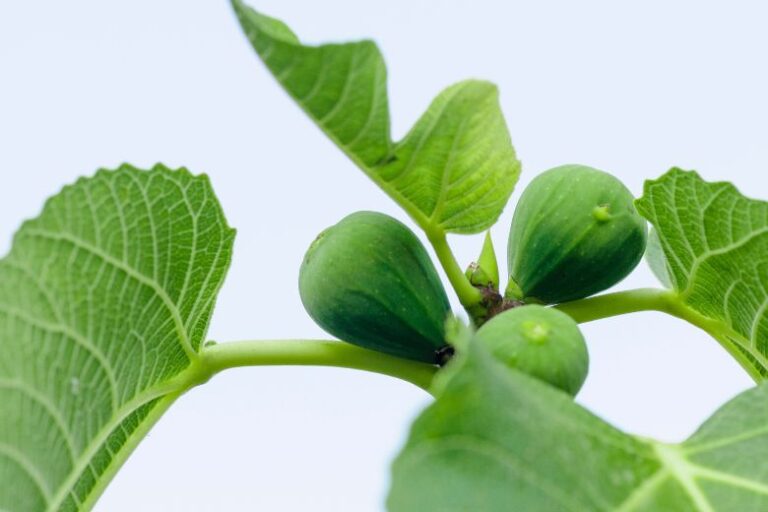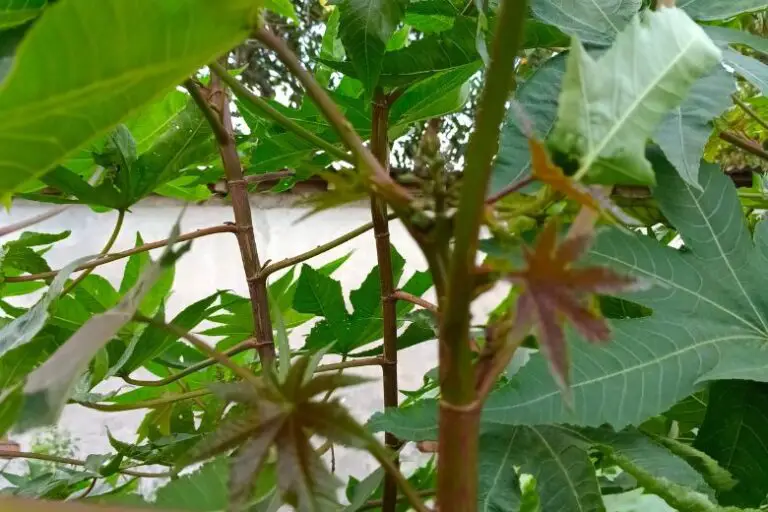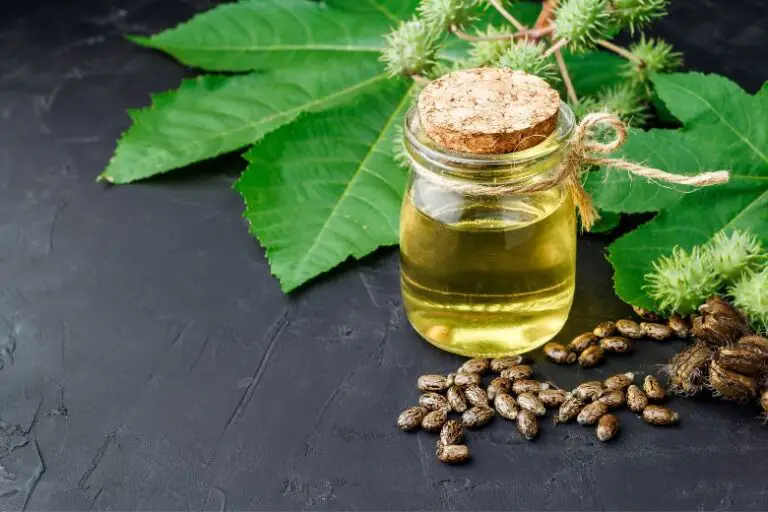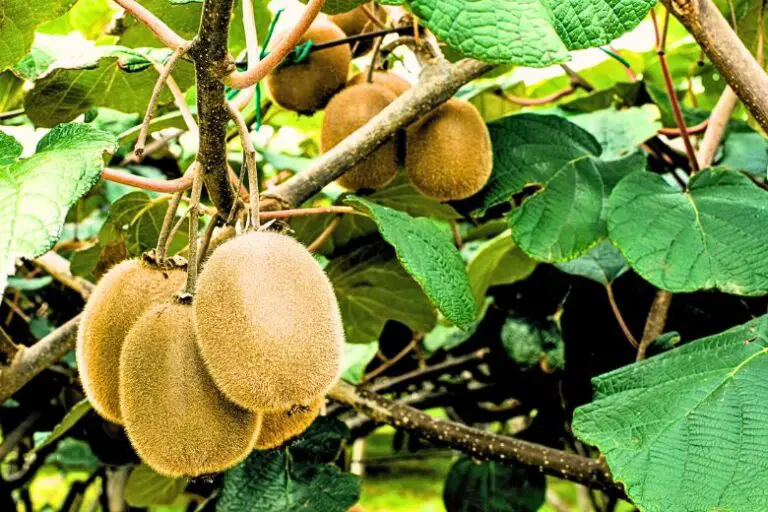Can Avocado Trees Grow in Virginia
Avocado trees have gained immense popularity for their creamy, nutrient-rich fruits that are a favorite in salads, sandwiches, and spreads. However, these trees are native to tropical and subtropical climates, leading to questions about their viability in Virginia’s unique weather conditions.
Understanding Avocado Trees
Avocado trees (Persea americana) are evergreen trees that belong to the Lauraceae family. They are native to Central and South America and thrive in warm, frost-free environments. The trees can grow up to 30 feet tall and produce fruits with varying textures and flavors.
Climatic Considerations
Virginia’s climate poses a significant challenge for growing avocado trees. Avocado trees require a consistently warm environment with minimal temperature fluctuations. Virginia’s cold winters and unpredictable spring frosts can harm avocado trees, making it difficult for them to survive.
Choosing the Right Variety
If you’re determined to grow avocado trees in Virginia, selecting the right variety is crucial. Some avocado cultivars are more cold-tolerant than others. Varieties like ‘Brogden’ and ‘Lila’ have shown some adaptability to cooler climates and might have a better chance of survival.
Soil and Environmental Conditions
Avocado trees thrive in well-draining soil with a slightly acidic to neutral pH level. Virginia’s soil often leans towards clayey or loamy compositions, which can retain excess moisture. Amending the soil with organic matter and ensuring proper drainage is essential for the tree’s growth.
Planting Process
Planting avocado trees in Virginia requires careful planning. Choose a planting location that receives ample sunlight and protection from harsh winds. Plant the tree in a raised bed to improve drainage, and consider using frost cloth to shield young trees from unexpected cold snaps.
Nurturing and Maintenance
Regular watering, especially during the growing season, is crucial for young avocado trees. Mulching around the base of the tree helps retain soil moisture. Fertilize the tree with a balanced, slow-release fertilizer to provide essential nutrients for healthy growth.
Protection from Harsh Weather
Avocado trees are sensitive to frost and cold temperatures. During winter, cover the trees with blankets or burlap sacks and use heat lamps or Christmas lights for added warmth. Protecting the trees from extreme weather conditions can increase their chances of survival.
Harvesting Avocados
While the climate in Virginia might limit fruit production, if your avocado tree does bear fruit, it’s important to know when to harvest. Avocados don’t ripen on the tree; they should be picked when mature and allowed to ripen indoors.
Common Challenges and Solutions
Virginia’s climate introduces various challenges, including frost damage, low temperatures, and humidity fluctuations. Using frost protection measures, planting cold-tolerant varieties, and providing adequate shelter can help mitigate these issues.
Benefits of Growing Avocado Trees
Despite the challenges, growing avocado trees in Virginia offers numerous benefits. Besides the potential fruit yield, these trees provide shade, enhance landscape aesthetics, and contribute to the overall biodiversity of your garden.
Incorporating Avocado Trees into Your Garden
Integrating avocado trees into your Virginia garden requires careful planning and creative landscaping. Choose companion plants that thrive in similar conditions and consider container gardening for better control over environmental factors.
Conclusion
While the climate of Virginia presents challenges for growing avocado trees, it is possible with careful planning and adaptation. Selecting cold-tolerant varieties, providing adequate protection, and incorporating proper maintenance practices can increase the chances of success. Experimenting with avocado trees in your Virginia garden can be a rewarding endeavor, offering not only potential fruit but also enhancing the greenery and aesthetics of your outdoor space.

